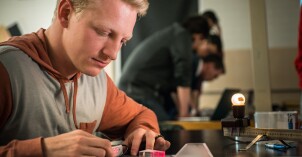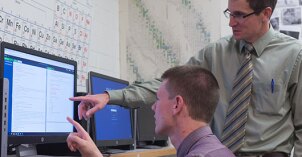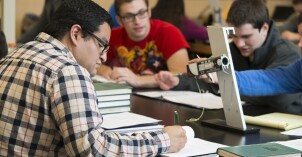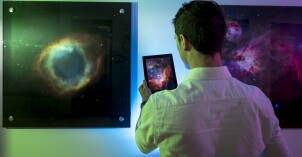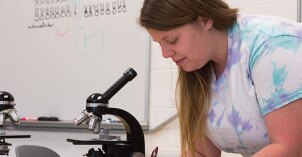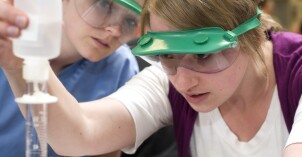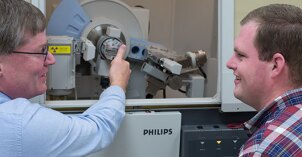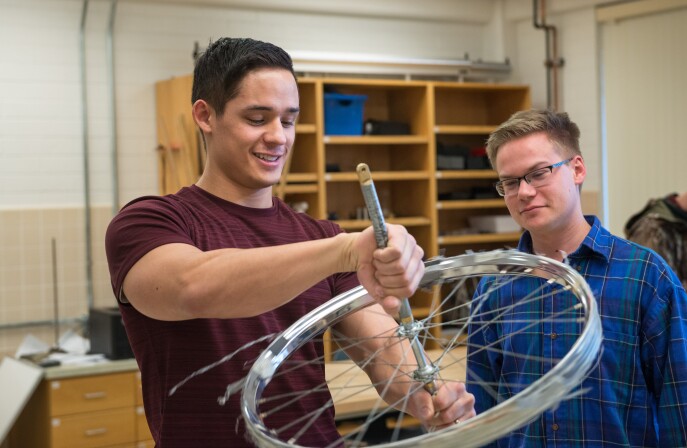
Student Success in Mind
The Physics Department offers students a solid foundation in both classical and modern physics. Engineering emphasis students take an additional 12 credits in either mechanical or electrical engineering courses.
Faculty are always on hand to help guide students in class and on campus. Our courses are designed for meaningful connections, helping students get to know the faculty personally. Students will also have the chance to be mentored by a faculty member to help them find the most rewarding career path for them.
Faculty are always on hand to help guide students in class and on campus. Our courses are designed for meaningful connections, helping students get to know the faculty personally. Students will also have the chance to be mentored by a faculty member to help them find the most rewarding career path for them.
"The faculty are very invested in the success of the students. They are kind and understanding and encourage them to be the best that they can be."
TREVOR V.,
BYU-I GRADUATE
Highlighted Career Paths
Graduates with a degree in Physics, with an emphasis in Engineering, have a wide array of rewarding careers before them. Check out some of the top careers students get with this degree or explore more career options in I-Plan.
Mechanical Engineer
Mechanical engineers are problem-solvers who use engineering, physics, math, and materials science to design, analyze, manufacture, and maintain mechanical systems. It's one of the oldest and broadest of the engineering disciplines!
Electrical Engineer
Electrical engineering is a professional field focused on understanding and applying electricity, electronics, and electromagnetism. Because of their education and wide range of skills, electrical engineers are needed in every industry.
Engineer
Engineering is the creative application of science, math, and evidence to innovate, design, construct, operate and maintain everything we use in our daily lives.
Getting Started in this degree
If you are interested in Physics and Engineering, start with one of the following major-specific courses
